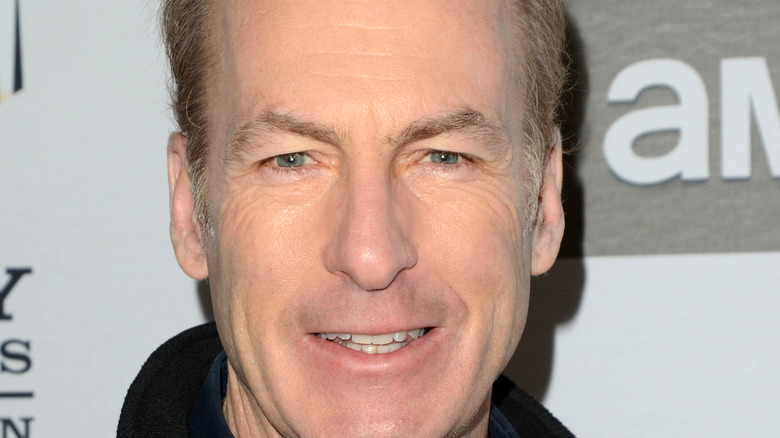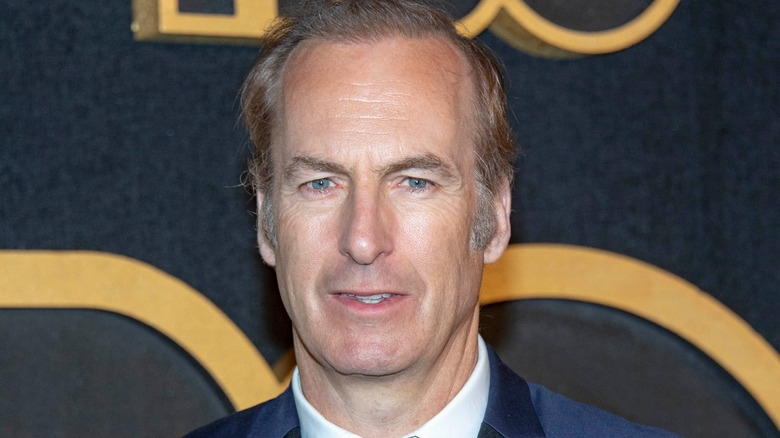Bob Odenkirk Opens Up About Collapsing On Set Due To Heart Incident
In July 2021, actor Bob Odenkirk collapsed suddenly on the set of the sixth and final season of the AMC series "Better Call Saul," due to a heart attack called a "widow-maker," according to US Magazine.
The heart attack is referred to as a "widow-maker" because if it's not treated immediately, it can be fatal (per WebMD). And despite the name, it can affect both women and men. When the flow of blood to the heart becomes blocked, a heart attack occurs. In a "widow-maker," the left main artery becomes fully blocked, which is a major channel to the heart. If this happens, emergency treatment is needed as soon as possible.
As in Mr. Odenkirk's case, collapse can be common. Other symptoms can include chest pain or pressure, upper body discomfort, shortness of breath, nausea, cold sweats, lightheadedness, and jaw pain, reports WebMD. You might be more likely to suffer from a heart attack if you smoke, are obese, don't exercise, have high blood pressure or uncontrolled diabetes, eat unhealthy foods, are over 45 and male, or over 55 and female.
How Bob Odenkirk's collapse happened
At the time of Mr. Odenkirk's collapse, a rep confirmed that he had suffered a "heart-related incident" and was in "stable condition" (via US Magazine). The Emmy winner took to Twitter to let his fans know that he had a small heart attack, he would be okay, and thanked everyone for all their support. This past weekend he shared details on Sunday TODAY with Willie Geist for the first time (per TODAY).
He shared, "It was [deadly serious] and my widow-maker artery was completely blocked. That's why it's called the widow-maker 'cause you die when that happens. But I went down. And I was very lucky that my co-stars.....were right nearby and they rushed over to me and set off the alarm, screaming." He explained how scary it was for everyone around him. "I was not present for any of it. But I'm told it was a pretty shocking day on set."
After Mr. Odenkirk's incident, health officers on set performed CPR and used a defibrillator on him, taking him immediately to a nearby hospital in Albuquerque, New Mexico. Surgery wasn't needed, which is common if treated quickly enough, according to WebMD. An angioplasty procedure can remove the blockage, followed by the placement of stents to prevent blockages from happening again.
Remember that quick intervention is critical if you ever think you may be suffering from a heart incident. Call 911 immediately.


